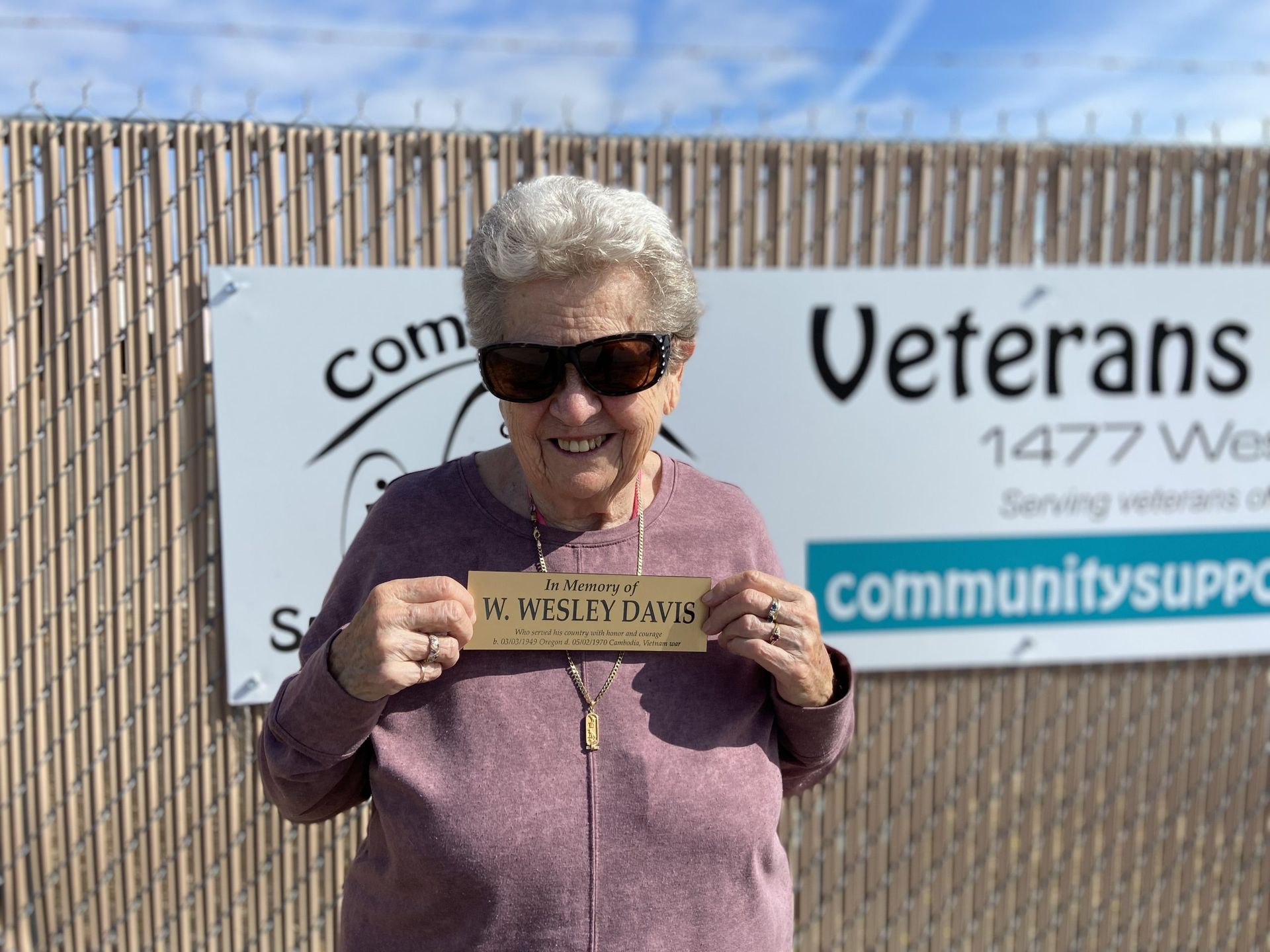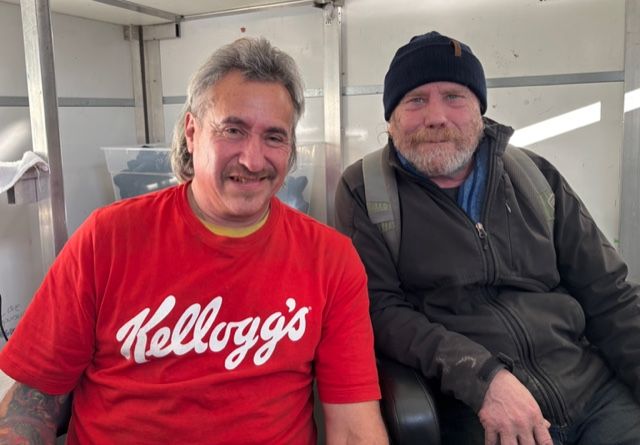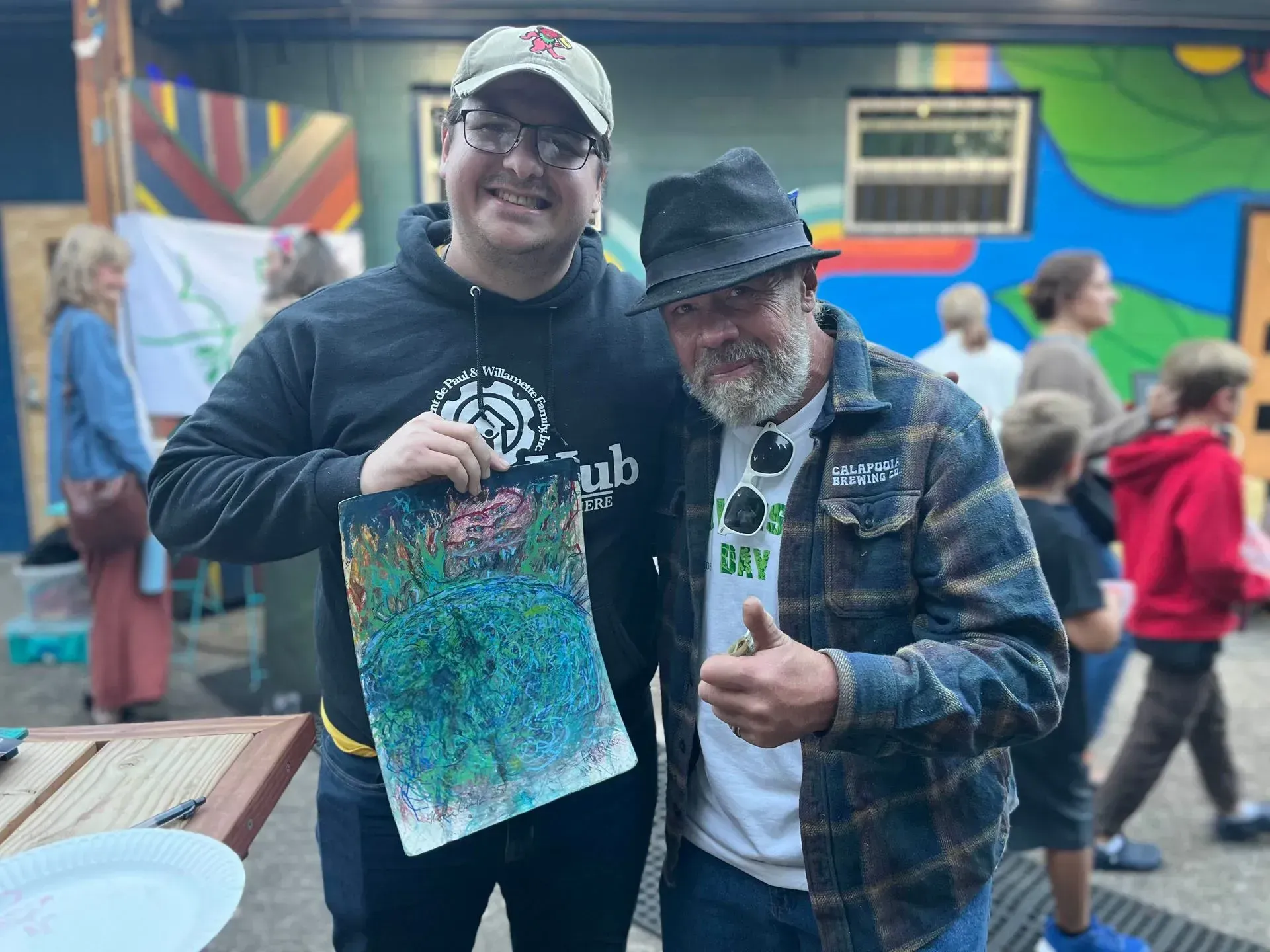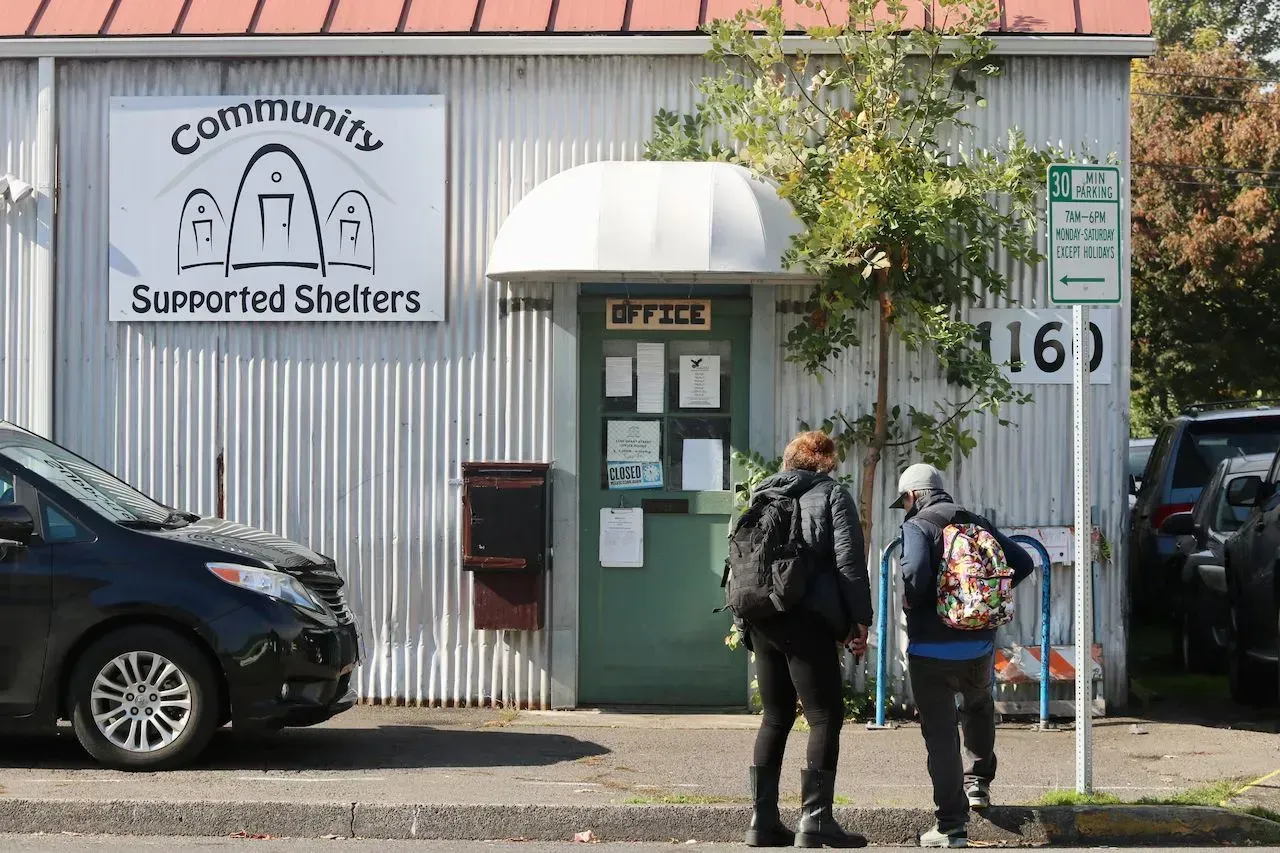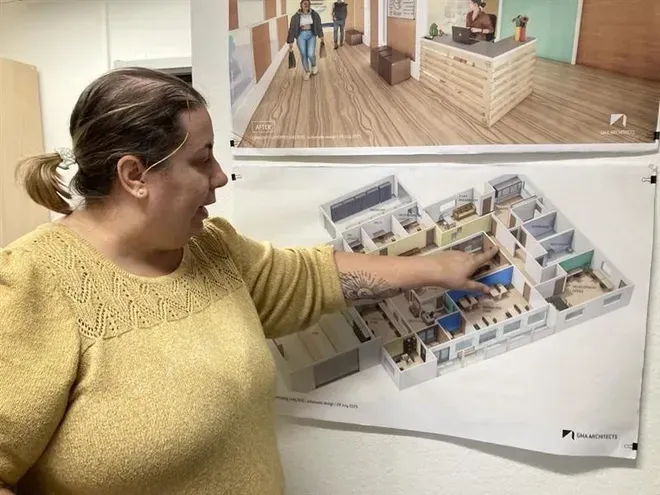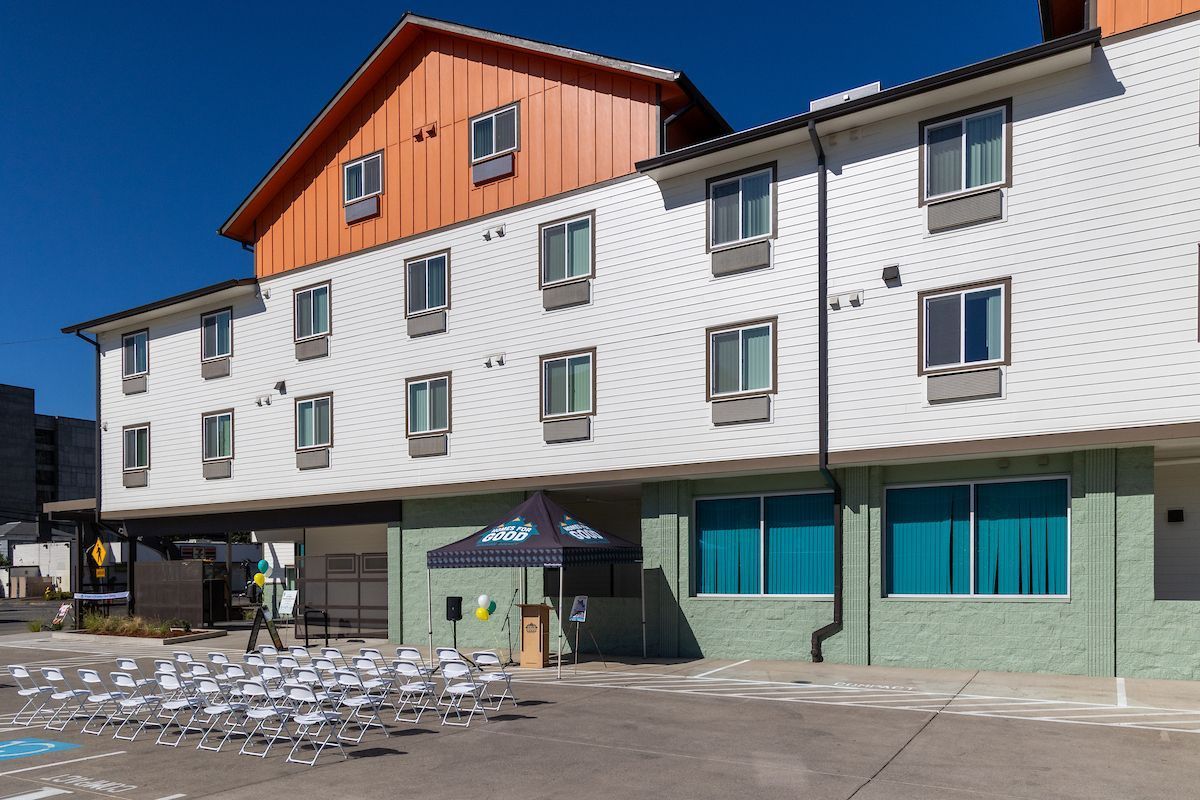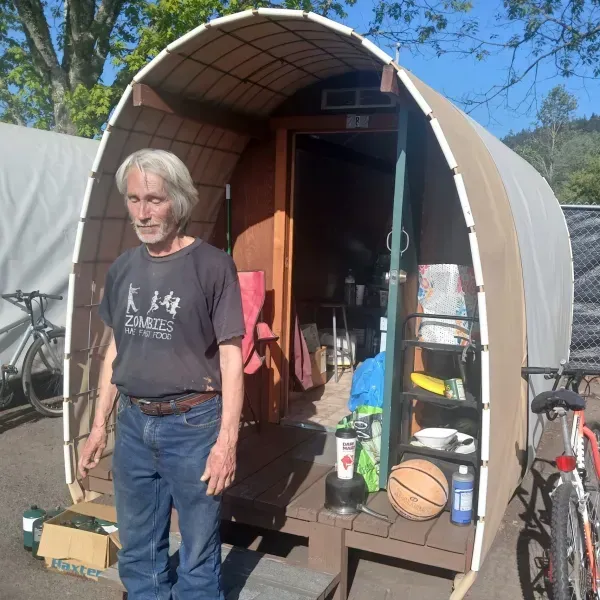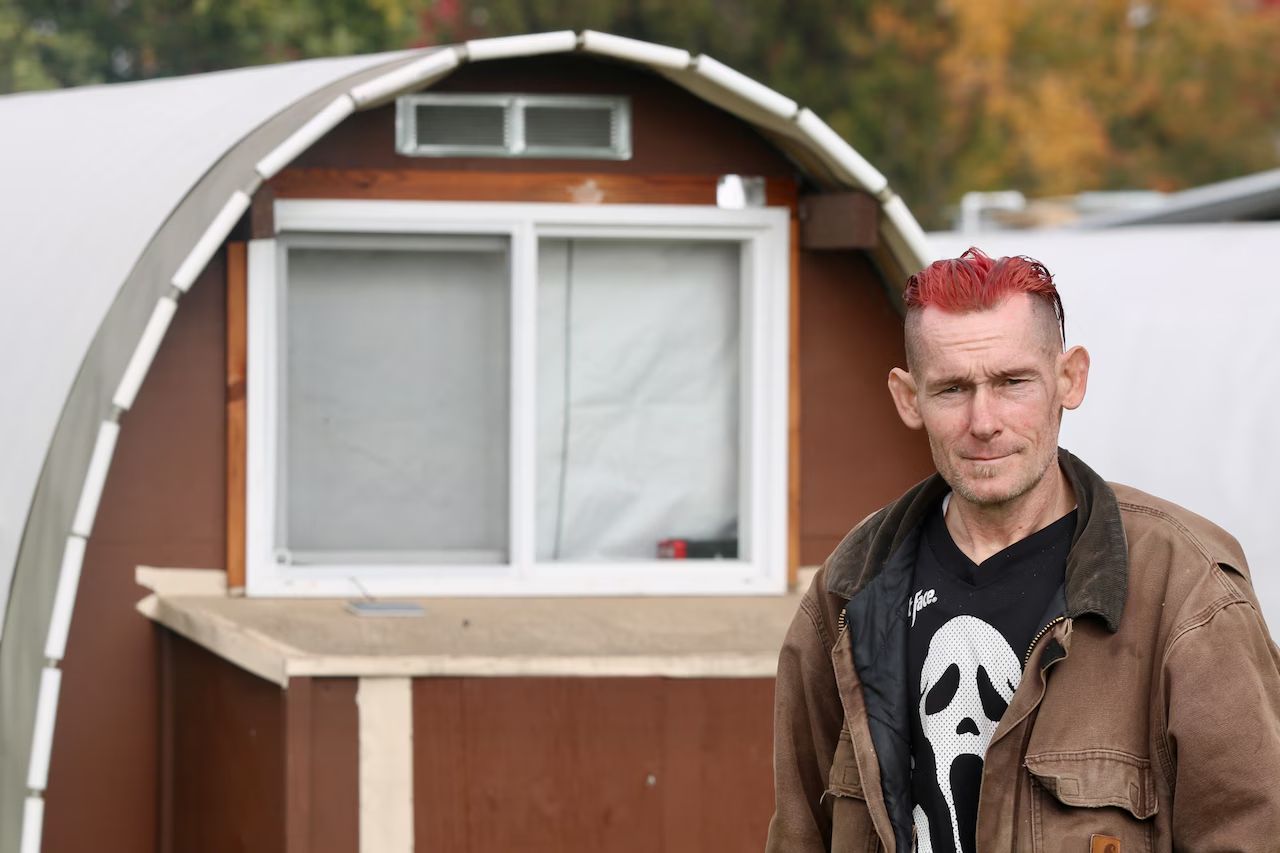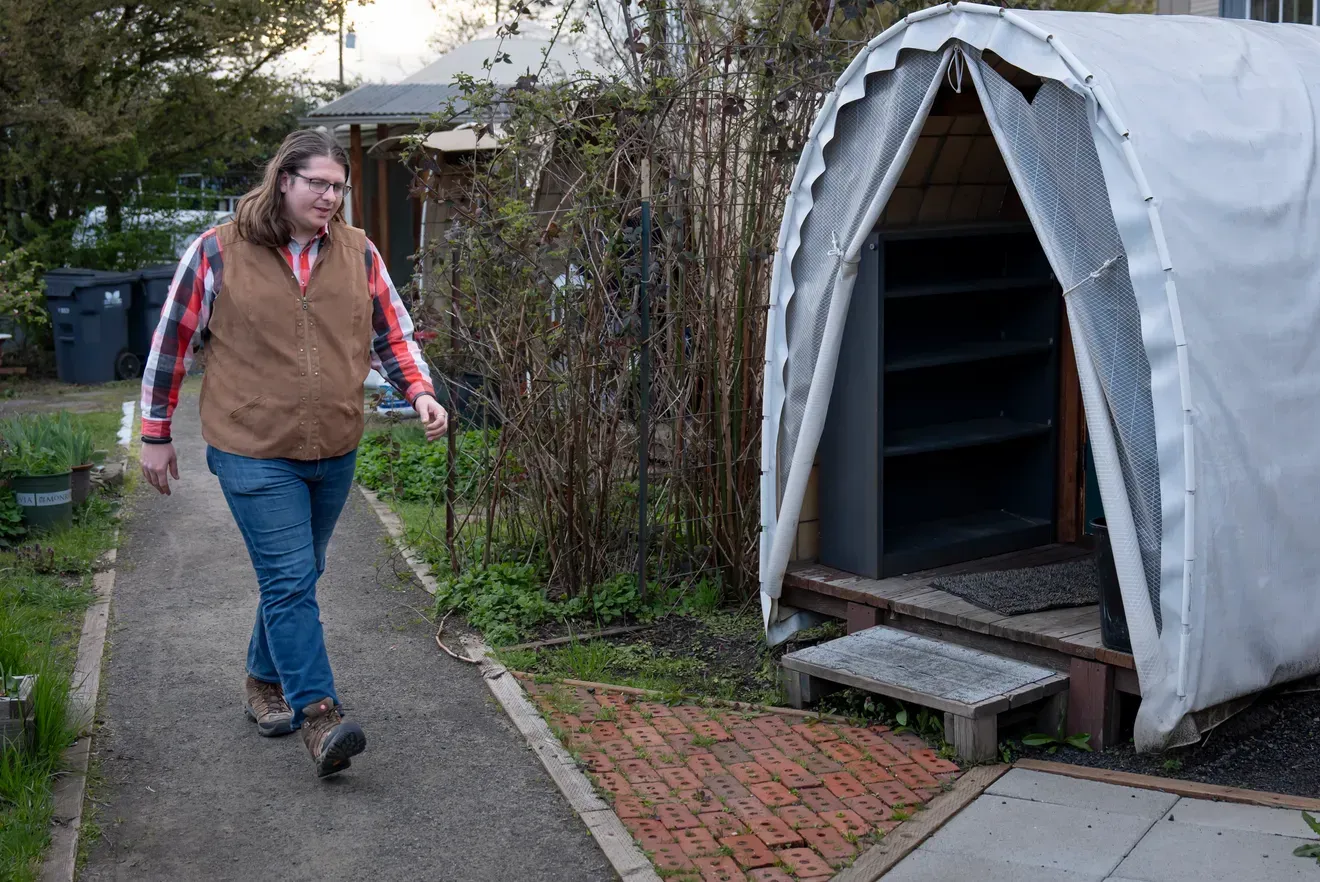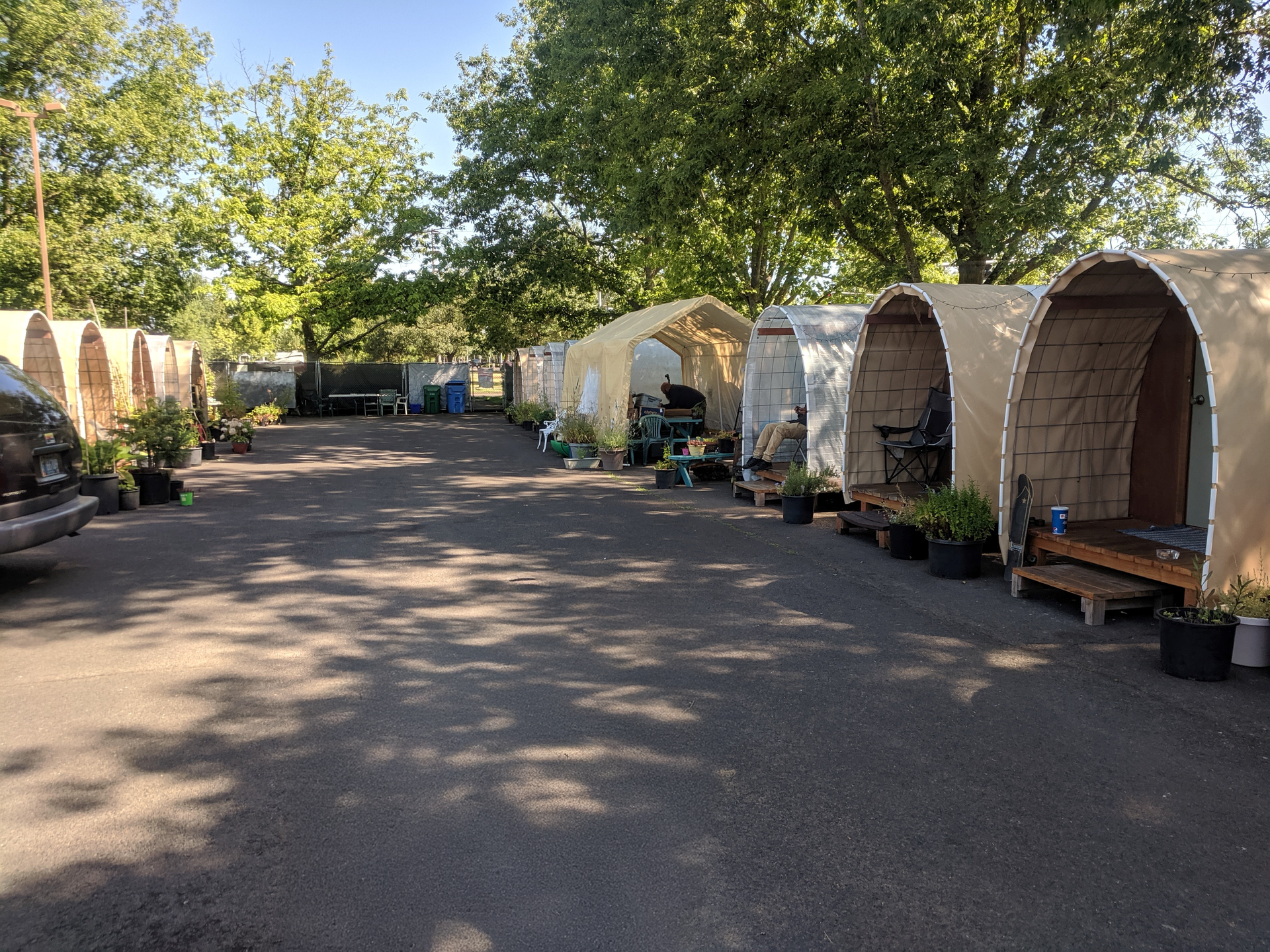Wes and his siblings grew up on a farm in Brookings, Oregon. They all enjoyed swimming, hiking, and floating the Chetco River in a rubber raft and camping along the way. It was an ideal place to grow up in the 1950s and early ’60s. “And it was an ideal time,” Opal says, “things weren’t so confusing. Now the world is a mess.”
Wes was an honor student at Brookings-Harbor High School, from which he graduated in 1966. He didn’t know what he wanted to do with his life, Opal says, but he went to Oregon State University to see if he could figure that out. After a year there, he still wasn’t sure, so he went to see a counselor, who suggested he consider military service. “He wanted to fly, and we didn’t have the resources to buy flying lessons,” Opal says, so he joined the Army with a real sense of dedication and worked hard to learn to fly Cobra helicopters. Opal had hoped he would choose to fly the big helicopters that look like grasshoppers she had seen used by logging companies around Brookings.
“He said, ‘No, Mom, they don’t do much with them,’” Opal says. “He wanted speed. He really, really loved flying, so he chose the Cobra, which at that time was very fast.”
He began his service in May 1968 and was sent to Vietnam 14 months later. He participated in more than 25 aerial missions over hostile territory in support of counterinsurgency operations. He was killed on a reconnaissance mission near the Cambodian border in which he demonstrated “heroism . . . by voluntary action above and beyond the call of duty . . . to save the lives of his fellow crew members,” according to the text accompanying the order awarding him the Distinguished Flying Cross. He also was awarded a Bronze Star, Air Medal, and a Purple Heart, and he was posthumously promoted to Chief Warrant Officer.


